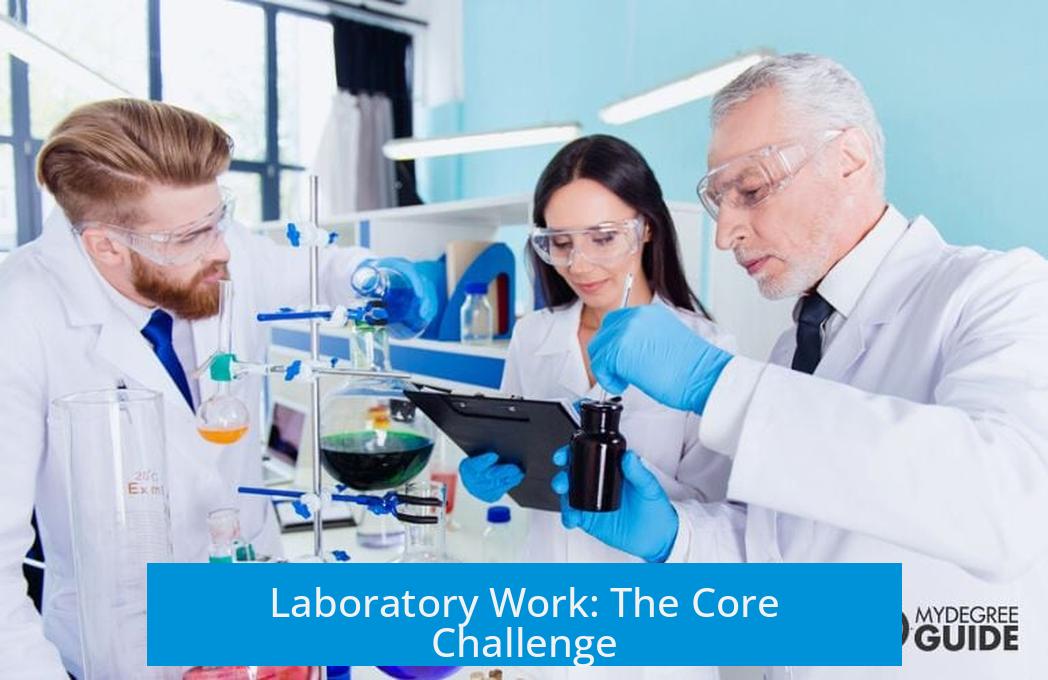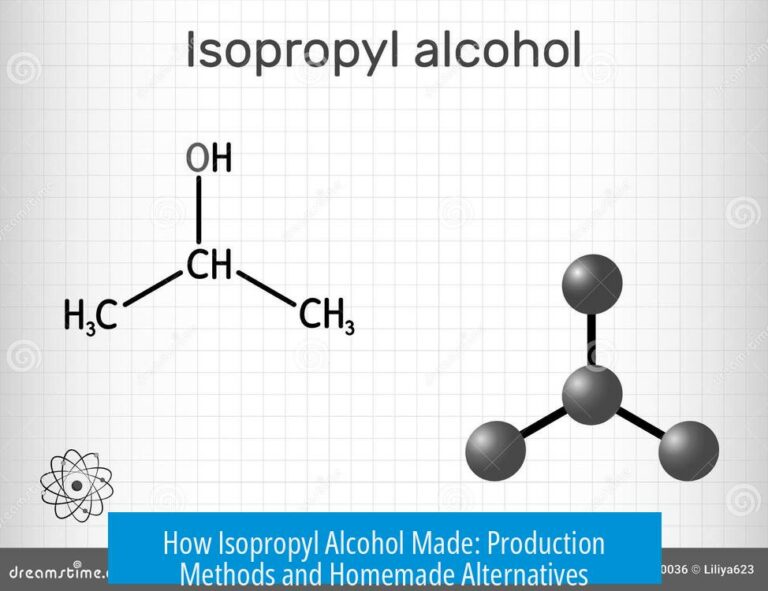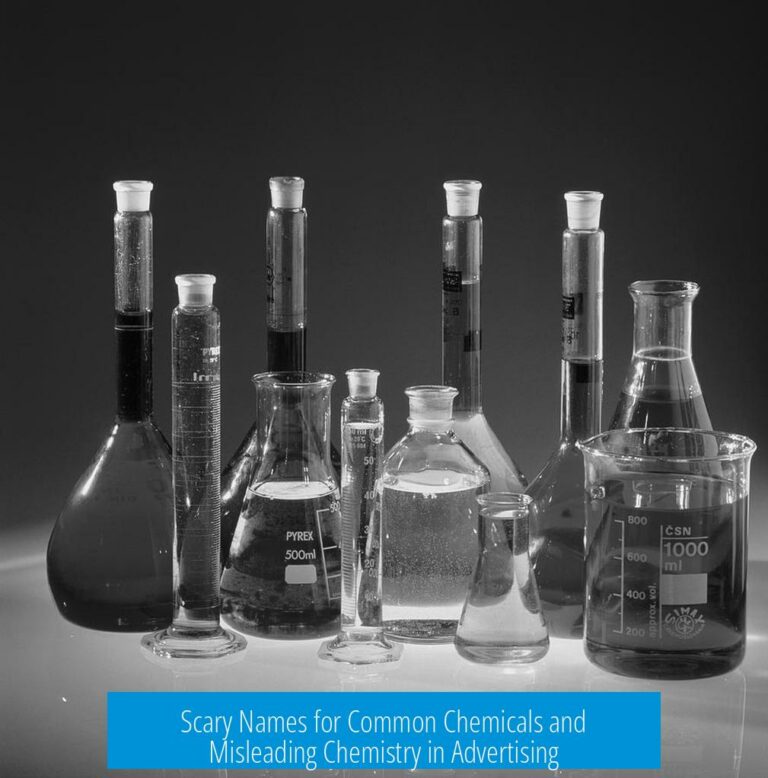Online Chemistry Program / Bachelor Degree: Feasibility and Limitations

An online chemistry bachelor degree faces significant limitations, primarily due to the essential hands-on laboratory work that cannot be fully replicated in a home or virtual environment. While some chemistry coursework, like introductory general chemistry, can be delivered online, practical lab experience requires in-person attendance for safety and effective learning.
Online Coursework in Chemistry
General chemistry courses 1 and 2 often appear in online offerings. They cover foundational topics such as atomic structure, chemical reactions, and stoichiometry. Students can complete these courses online with acceptable results. However, the depth of understanding gained in an online-only format may not reach the levels achieved through traditional classroom and lab settings.
Laboratory Work: The Core Challenge

Laboratory work forms an essential component of chemistry education. It offers practical skills and safety training that lectures alone cannot provide. Handling chemicals—even in micro quantities—requires supervision and controlled conditions. This supervision ensures proper technique and accident prevention.
Performing lab experiments safely demands specialized equipment, such as fume hoods and safety gear, which are generally available only in institutional lab spaces. Most students lack the resources and environment to replicate these conditions safely at home. This makes fully online chemistry degrees impractical.
Hybrid Program Models
- Some institutions have developed hybrid programs.
- In these models, lectures and theoretical components are delivered online.
- In-person attendance is required for lab sessions to meet educational standards and safety regulations.
Such programs blend flexibility with practical training. Students complete lecture work remotely but engage in supervised experiments on campus or designated labs.
Transferring to In-Person Programs
After completing initial online coursework, students often need to transfer to a physical institution to fulfill lab requirements. This step is essential for obtaining a comprehensive chemistry education and degree accreditation.
Key Takeaways
- Complete online chemistry degrees are limited by the inability to conduct hands-on lab work safely at home.
- Introductory courses like general chemistry 1 & 2 can be studied online with moderate success.
- Lab components require in-person attendance due to safety and equipment needs.
- Hybrid programs offer a balanced approach, combining online lectures with on-campus labs.
- For full degree completion, transferring to an institution with proper lab facilities is often necessary.





Leave a Comment